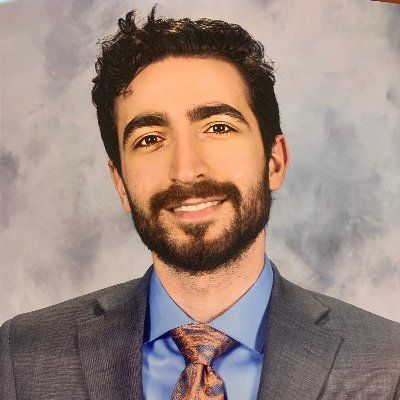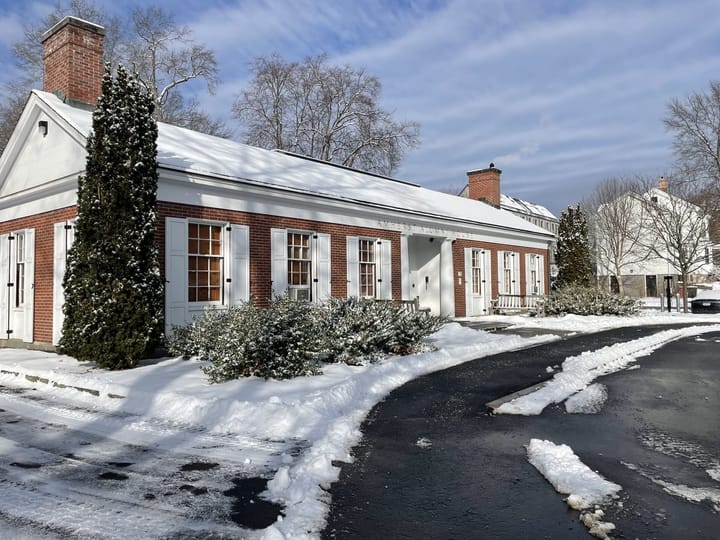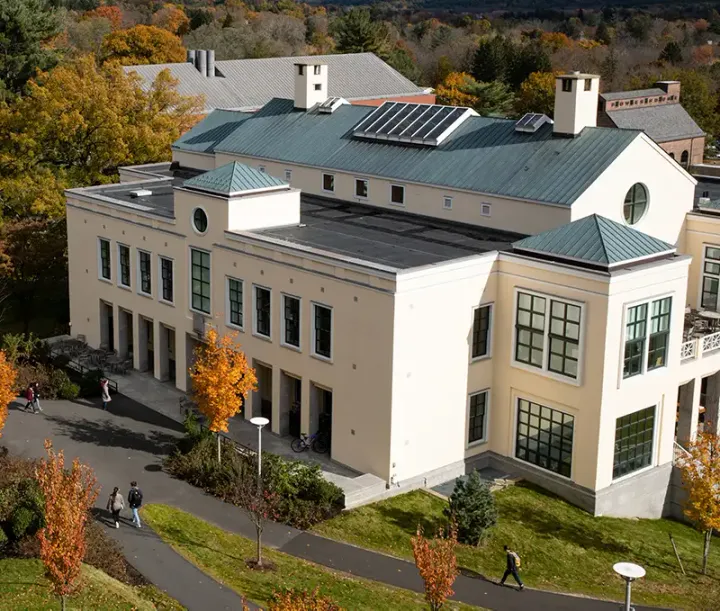UMass Scholar Discusses Islamophobia in Higher Education and Beyond
Musbah Shaheen, an assistant professor of higher education at the University of Massachusetts, Amherst, lectured on the many incarnations of Islamophobia at U.S. colleges, government institutions, and culture more broadly.

The college held the workshop “Islamophobia and Higher Ed” as the final iteration of its Meeting the Moment series. It was hosted by Musbah Shaheen, an assistant professor of higher education at the University of Massachusetts, Amherst.
The conversation explored the complexity of Islamophobia, its systemic nature, and its intersection with other forms of discrimination like xenophobia and racism. Shaheen highlighted the importance of inclusive policies, academic and social engagement, and challenging assumptions without causing harm.
The series is aimed at creating a more equitable campus life in the wake of rising Islamophobia and antisemitism, and it was hosted by the Office of Student Affairs and the Office of Diversity, Equity, and Inclusion. The first event of the series was a talk on collective liberation by UMass Professor of Social Education, Emerita Barbara Love. The second event was about antisemitism in higher education and was hosted by Gregg Drinkwater, program director of the University of California, Berkeley’s Antisemitism Education Initiative.
Shaheen gave a short lecture before leading a series of activities to teach students about the different stereotypes and prejudices that foster Islamophobia within higher education. For example, participants placed themselves on a spectrum of how strongly they felt capable of recognizing Islamophobia and role-played campus scenarios that have occurred nationwide. Shaheen played a clip from the TV show “Family Guy” to help differentiate Islamophobic, xenophobic, and anti-Arab racist stereotypes.
He also addressed the systemic nature of Islamophobia in United States bureaucracies, including the Department of Homeland Security’s creation after 9/11.
“Creating this war on terror, this danger to America that was used to justify surveillance of Muslims was also a way of waging war, using a structural element for the exclusion of Muslims in America,” Shaheen said.
He went on to explain how the Department of Homeland Security will be impacted by the reelection of Donald Trump, referencing his 2016 travel ban to many Muslim-majority countries.
“They don’t call it the department of catching all the Muslims at the airport, but that’s one of the ways in which the department now operates, and in the new administration, they’re not getting rid of that,” he said.
Students who attended the talk said it served as a good reminder of how prevalent Islamophobia is in higher education, as well as a way to better understand how students from various backgrounds felt about the topic.
“I feel like the activities he had us do and [the] perspectives they provided were really helpful,” Ris Paulino ’25 said.
He said he especially enjoyed the role-playing activity, which had participants act out a scenario between a Muslim Students Association and a pro-Israeli campus activist group at an imaginary university.
“Being able to try to experience what this means to the pro-Israeli groups on campus, and to experience and see their perspectives was really interesting,” Paulino said. “It was a good reminder that Islamophobia exists and that being more conscious and creating a space to recognize that is very useful … and has its own enrichment,” he added.





Comments ()